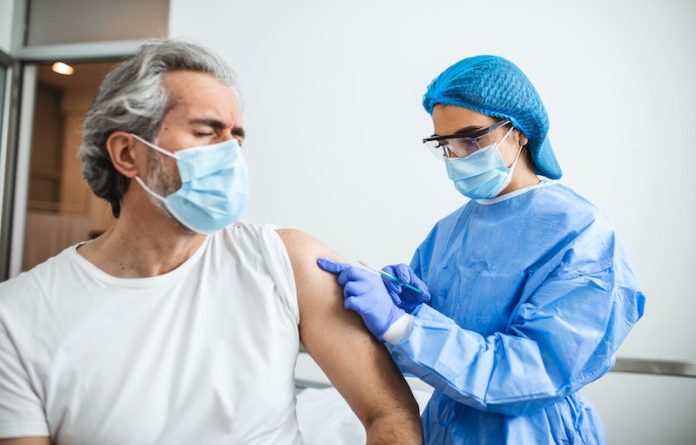
In a study from UNSW’s Kirby institute and elsewhere, scientists found newer variant-specific bivalent vaccines offer on average 1.6 times better immunity against COVID-19 than the original, single-strain “ancestral” vaccines.
This is the first analysis globally to aggregate data from the available clinical studies that have administered booster vaccination with both ancestral-based vaccines and variant-modified vaccines.
The team collated the available data and then used it to conduct an analysis that predicted the relative effectiveness of these booster vaccines.
The researchers say that if they assume that they are in a position where people in the population have around 50% protection from COVID-19 disease, then this protection can be boosted extremely well—up to 86%—by the ancestral vaccines.
But when the option is available, boosting with a variant-specific vaccine can increase protection in the population by up to 91%.
Any improvement in protection may be important for people at higher risk of serious infection or hospitalization, such as the elderly and immunocompromised.
In May 2021, the same team of researchers showed how the early immune response in a person who has been vaccinated for COVID-19 can predict the level of protection they will have against the virus over time.
The team says as the world moves into this next phase of the pandemic, it is important that the population as a whole remains well protected to reduce the spread of COVID-19, especially for those in our community who are most vulnerable.
The current analysis provides evidence that boosting with any vaccine is an effective way to protect against COVID-19, although variant-specific vaccines offer slightly better protection.
If you care about COVID, please read studies about very strong brain abnormalities post-COVID, and low-sodium plant-based diets may prevent COVID-19 better.
For more information about health, please see recent studies about COVID infection and vaccination linked to heart problems, and results showing zinc could help reduce COVID-19 infection risk.
The study was conducted by Deborah Cromer et al and published in Nature Medicine.
Copyright © 2023 Knowridge Science Report. All rights reserved.



